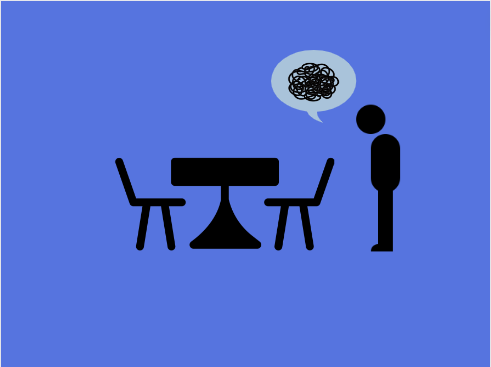The internet was hailed as one of the greatest things to ever grace the face of society. Finally, humankind could know everything in an instant, find groups in a heartbeat, and immerse themselves in a new age of innovation before the eye could blink.
Soon, humanity began to disperse its resources upon the vast space available on its new data networks. Knowledge was posted for all, computers began to pop up in more and more residences across the globe, and soon enough, statistics on development were measured in terms of people with internet access.
There were minor bursts of trouble, of course. Bandwidth had to be expanded to accommodate the flooding stream of new users. People discovered what the word “privacy” truly meant only after it had become a fleeting memory. And digital security had to meet its first new challenges of protecting the treasure trove of knowledge and information stored in the nets. But overall, everything looked great for this little race of people plodding along with its new toys.
And then the Heartbleed came. A vast coding error had penetrated to the field of thought, hinting at the danger of the scattered coding systems. Emergencies were declared. Teams were assembled. Advisories to change passwords were made. The error exposing system information was neutralized. And humanity moved on from its warning.
But it was only to have the problem return again in greater force than before. Rated as a ten (out of ten) on the scale of vulnerabilities, the recently discovered Shellshock bug is labeled as more serious because it gives intruders a way to actually take control of target systems by exploiting a flaw in Bash software components, commonly found in Linux and Mac operating systems.
Technology has given humankind incredible new advancements and ways to disseminate research. But it has come at a price, for as more and more data is stored in computers or online, the temptation of theft becomes ever higher. As global communication and business rely more upon the new systems, populations remain vulnerable to the consequences of what would happen if the networks did fail and all the data was left unprotected.
One doesn’t know what they have until it is gone.
By no means does this event mean humanity shouldn’t use technology. However, it does mean vulnerabilities must be fixed. The coding has to be more thorough. The field of digital security has to become a serious endeavor. Education and history can help with that as technology classes become more prevalent, giving society more people who could potentially go into code development, and as students discover a need for greater information protection as hackings such as Target’s continue to make headlines.
And of course, even now, work is being done to quickly patch the problem. More advisories are being sent out. Repairs and warnings are underway. Estimates are being revised as the problem is more understood. But the key question remains:
Will humanity learn from its weaknesses this time?

















